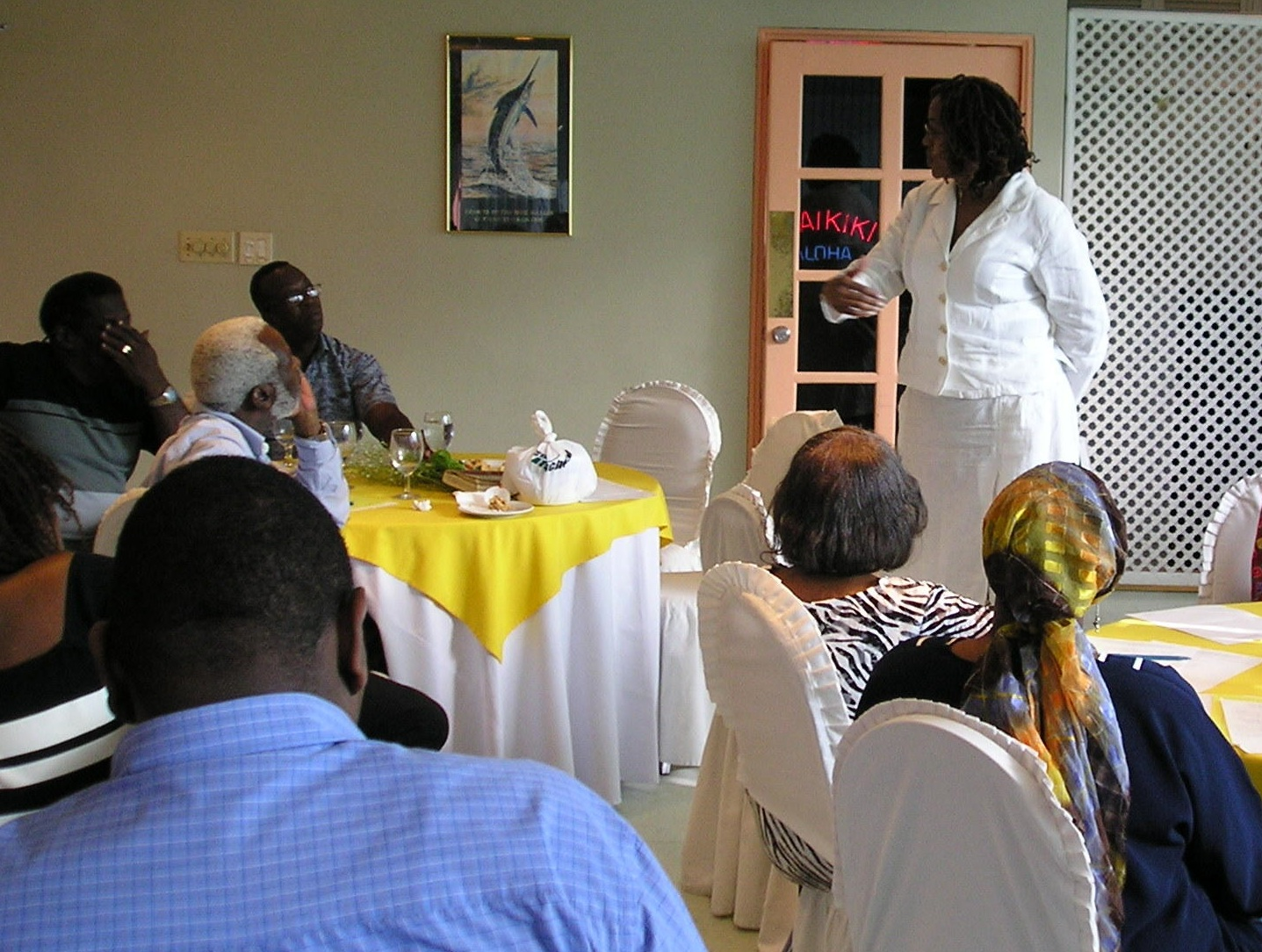
Programs

The international project links academic research, K-12 curriculum development, and community engagement. It uses ethnographic and archival research to uncover new aspects of communities’ histories, then develops and runs workshops for teachers, youth, and community members. It also creates digital archives, innovative educational materials, programs that based on the new information uncovered. As the founding director of this program, she brings this work into her classroom, enacting her belief that it is absolutely crucial that U.S. youth grasp the historical and contemporary realities of the many cultured worlds within and beyond the United States and understand how their existence and perspectives have been shaped by them. This mission drives her pedagogy, alongside her commitment to hands-on, eyes-on, and ears-on learning inside and outside of the classroom.

The Wisdom of the Elders
The Wisdom of the Elder initiative is focused on revealing and recognizing older adults’ life- and soul-sustaining wisdoms and productively incorporating them into K-12, undergraduate, graduate and health professions education.

Wisdom Working Group
The Wisdom Working Group is rooted in the idea that older adults are lifelong innovators and experiential researchers whose informal findings can prove invaluable to Vanderbilt’s project of solving “problems of importance to society” through discovery and learning.
The WWG’s guiding questions are:
• How can researchers, medical professionals, educators, and senior-serving agencies better identify and understand the sociocultural aspects of mental health–promoting behaviors of older adults, especially in underserved communities, and translate that understanding into policies, programs, and curricula?
• How can intra-curricular and co-curricular collaborations with older adults enhance undergraduate, graduate, and professional education at Vanderbilt and beyond?
• How can close reading older adults’ autobiographical portfolios help medical students and other healthcare providers-in-training to better contextualize and better treat their patients, including especially their older adult patients and patients from traditionally underserved communities?
